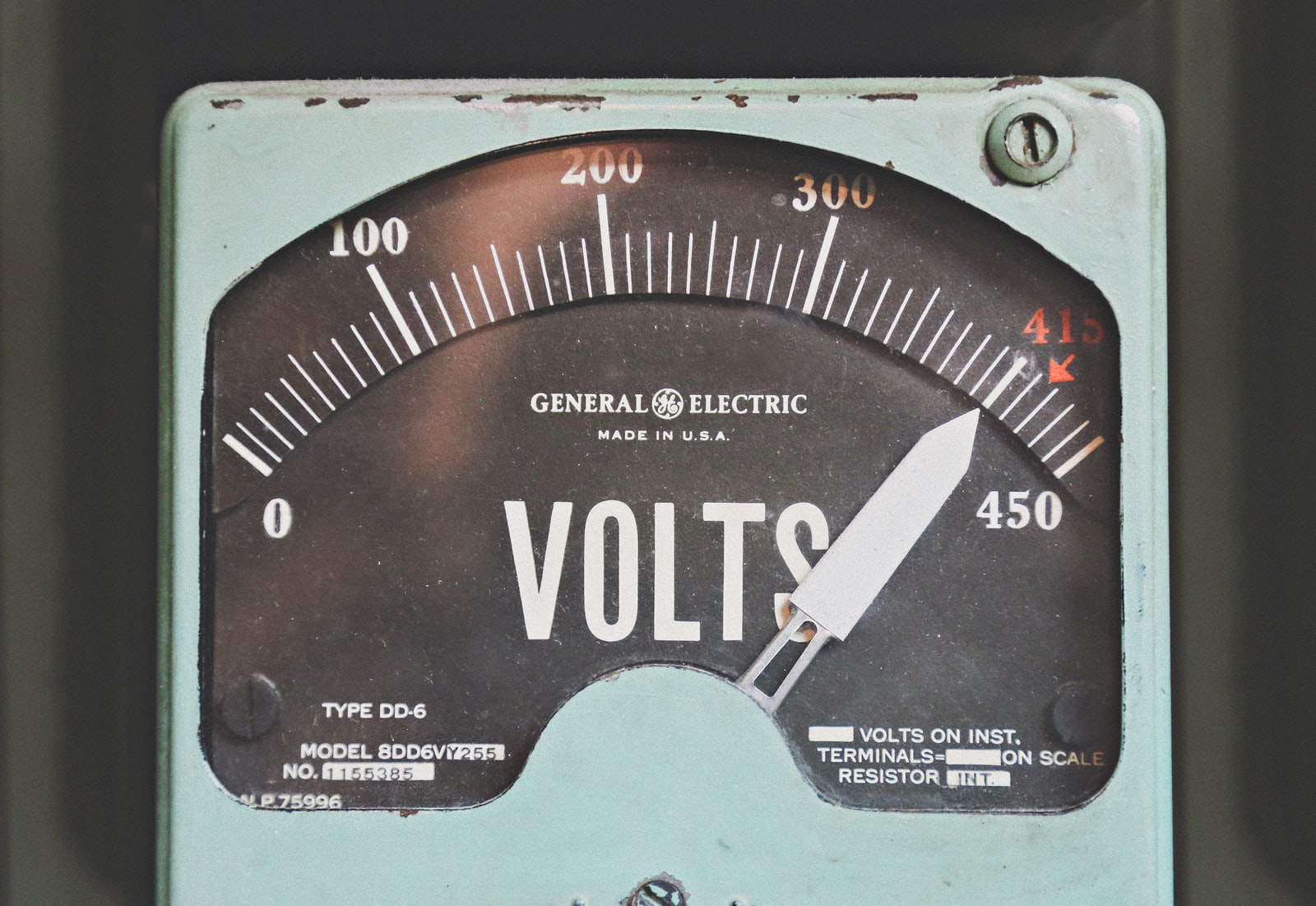Your area’s electricity has been shut down due to heavy rainfall. You don’t know when it will be restored and you may face a long blackout. But luckily, you have a portable generator at home. A portable generator is a small, self-contained engine that can be used to generate electricity. They’re great for powering tools at a worksite or providing backup power during a power outage. There are numerous types of portable generators available out there. But before making your purchasing decision, you need to know everything about them.
Determine your Wattage Needs
When looking for a portable generator, it’s important to figure out what your wattage needs are. You need to know how much power your appliances will need and choose a portable generator that can handle that. Many consumers make the mistake of underestimating their wattage requirements, resulting in a generator that is incapable of supporting their equipment. So, make sure you research and figure out exactly what you need before making a purchase. If you’re unsure how to, plenty of online resources can help you with that. Once you know your wattage needs, choosing a portable generator will be much easier. Just ensure you get one that’s powerful enough to handle your appliances, and you’ll be all set.
Choose Fuel Type
The first thing to consider when purchasing a generator is the type of fuel it consumes. Some generators run on gasoline, propane, solar power, and even natural gas. Each generator has its own benefits and drawbacks, so it’s critical to pick the ideal one for you. For example, gasoline is generally the most affordable option, but it can be hard to find during an emergency. Solar power is renewable and environmentally friendly, but it can be expensive. Natural gas is a reliable option, but it requires a source of electricity to run.
Determine Fuel Capacity Based on Usage
If you’re looking for a portable generator, one of the things you’ll need to consider is the fuel tank capacity. This will determine how long your generator can run if the power goes out. Portable generators come in various sizes, and the fuel tank capacity will vary accordingly. For example, a small generator might have a fuel tank that holds only a few gallons. This would be enough to keep the generator running for 5-7 hours at 30 % load, but if the power outage lasted longer, you will need to refuel. On the other hand, a larger generator might have a fuel tank that holds 20 gallons or more. This would give you much longer run times of around 15-20 hours at 25% load, making it more suitable for extended power outages.
Portability is Must
When shopping for a portable generator, portability is one of the most important factors to consider. After all, what’s the point of purchasing a portable generator if it’s not easy to move around? A heavy portable generator can be difficult to transport, so look for one with wheels. Try reading the best gas generator reviews on different websites to compare the portability of generators. Keep in mind that a portable generator should be easy to move on your own, so if you’re planning on using it in an emergency or on a camping trip, make sure to choose one that’s not too difficult to carry.
Maintenance Needs
It is important to inquire about maintenance services before choosing a portable generator. Lack of proper servicing can damage the operation of the generator. The maintenance of the portable generator should be economical, and there is no point in investing in one with high maintenance. Proper servicing and maintenance will ensure that the generator will last for a long time and save you money in the long run. Make sure to ask about maintenance services when buying your portable generator.
Check for Features
When purchasing a portable generator, buying a model with useful features is important. Features like noise reduction help reduce the sounds the generator makes, which is important when camping or using in areas where excessive noise is not welcome. Electric start allows the generator to be started with the push of a button. Automatic CO shutoff shuts off the gas flow if carbon monoxide levels get too high, which can be dangerous. The fuel gauge indicates how much fuel is left in the tank so you don’t run out. Low-oil shutdown prevents the engine from starting if the oil level drops too low, potentially harming it. These features are all important considerations when purchasing a portable generator.
There you have it. With these things in mind, you’ll surely find the perfect portable generator for your needs. So, a portable generator is always a good investment whether you’re an adventurer or a home improvement enthusiast.


